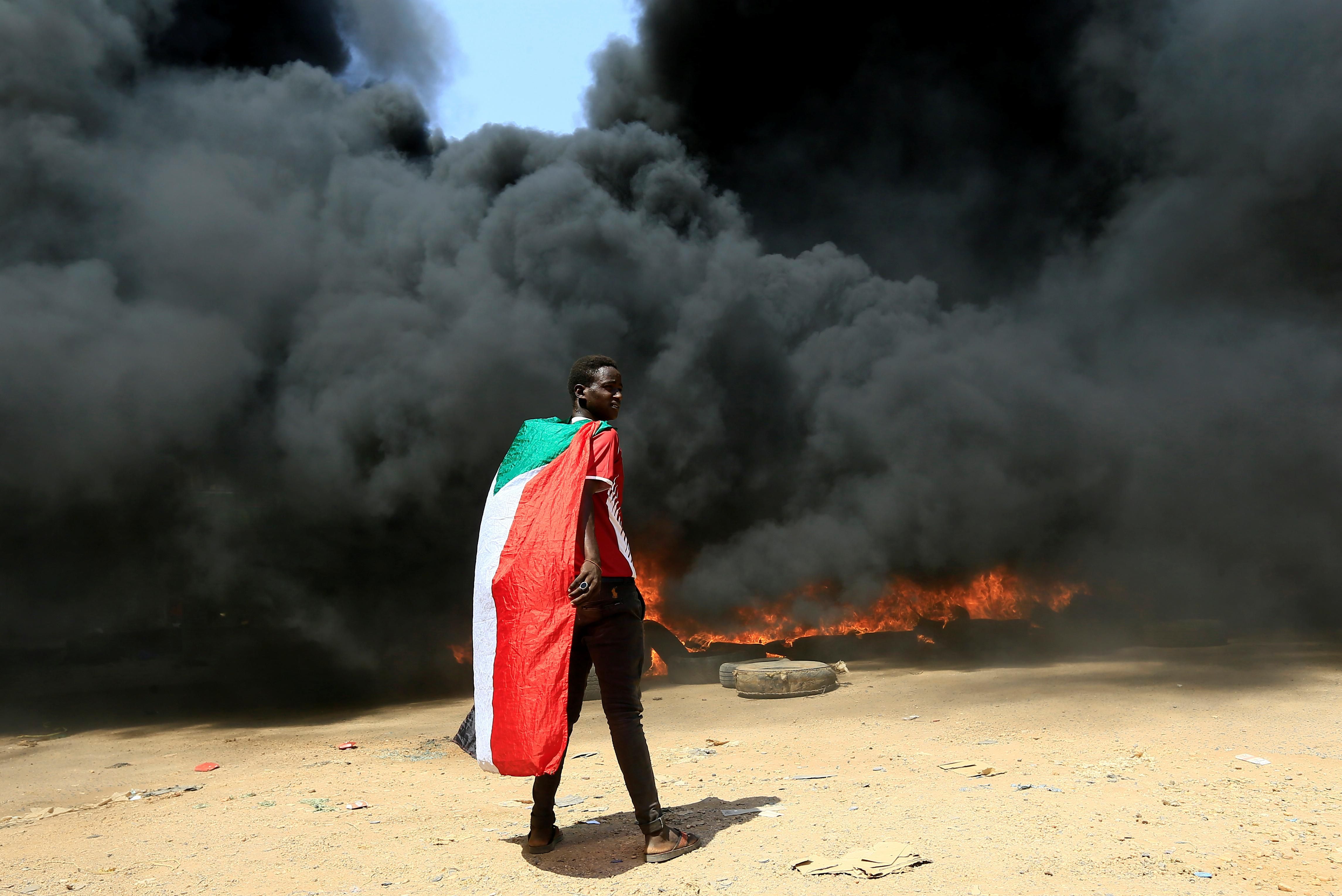Protests in Sudan: Protests are again shaking the Sudanese capital, as supporters of rival wings of the transitional government take to the streets. Back in 2019, after popular demonstrations led to the ouster of longtime autocrat Omar al-Bashir, a deal was struck between civilian activists and the army, in which a joint civilian-military government would run the country until fresh elections could be held in 2023. But now supporters of the military wing are calling on it to dissolve the government entirely, while supporters of the civilian wing are counter-protesting. Making matters worse, a pro-military tribal leader in Eastern Sudan has set up a blockade which is interrupting the flow of goods and food to the capital. The US, which backs the civilian wing, has sent an envoy to Khartoum as tensions rise, while Egypt, the UAE, Saudi Arabia, and Turkey are all vying for a piece as well.
NBA in hot water again with China: The NBA season is barely underway, and the league is already embroiled in a fresh political scandal involving China. Boston Celtics center Enes Kanter posted a video supporting Tibetan independence (a throwback issue to be sure, but hey the 1990s are popular again) and blasting Chinese President Xi Jinping as a "brutal dictator." He also posted, and wore, these absolutely fire "Free Tibet" sneakers. In response, the Chinese sports app Tencent promptly pulled all Celtics games and highlights. The NBA is wildly popular — and lucrative — in China, and the CCP knows it: back in 2019, Chinese state TV stopped broadcasting NBA games for months in response to an NBA team exec's pro-Hong Kong tweet, in a move that reportedly cost the league hundreds of millions of dollars. So what should the NBA do now? If they stand up for Kanter, they risk losing big money. If they don't, they look like they are kowtowing to a repressive government. Is it an impossible situation? Maybe, but it's only the latest values vs valuations struggle for an American company that does business in the world's largest market.
EU leaders talk Poland, energy: EU leaders are meeting in Brussels for a two-day summit where two items will dominate the agenda. First,
how to respond to Poland's defiance of the bloc's rules, after the country's top court recently ruled that its own constitution trumps EU law. Brussels is fuming at this direct challenge to its power and values, and
may withhold badly-needed COVID relief funds until Warsaw backs off. The "illiberal" Polish government, meanwhile, is in a pickle because EU membership is so popular among Poles they can't push Brussels too far, let alone seriously threaten to leave. The other big issue at the summit is how to deal with rising energy prices, an issue that has split the Union: the European Commission, Germany and others say the current
price surge will be resolved once pandemic-related shortages are over, but Greece, Hungary, and Spain want the bloc to reform the way power is bought and sold across the EU. Both sides agree that Russia could do a lot more to help its top natural gas customers, but Vladimir Putin perhaps thinks it's precisely the best time to
squeeze the EU amid a broader
rift with NATO.
